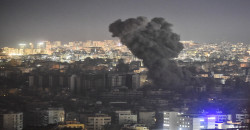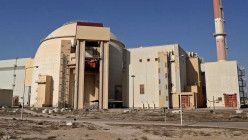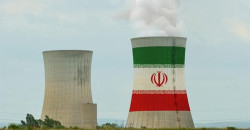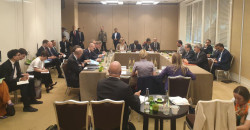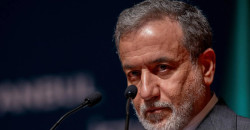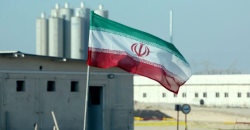French Intelligence: Iran's atomic proliferation one of the threats, if not the threat
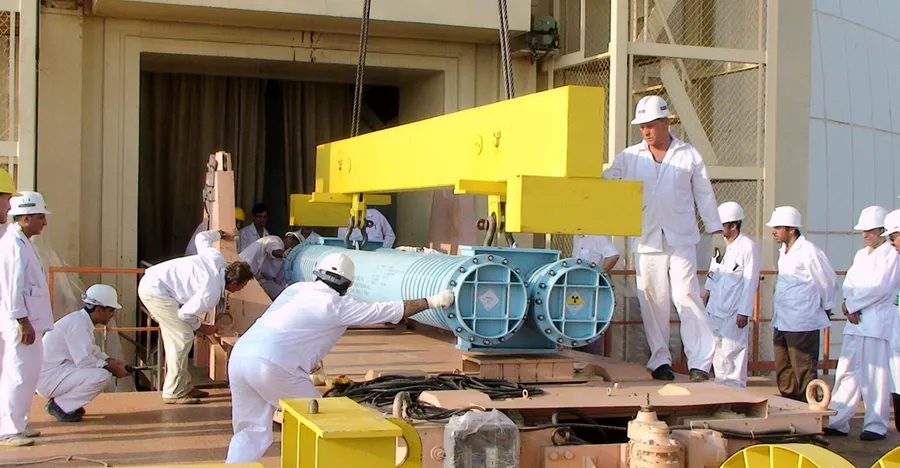
Shafaq News/ The potential spread of nuclear weapons from Iran presents "a serious threat" in the coming months, said Nicolas Lerner, head of France's foreign intelligence agency DGSE, on Friday.
Speaking at the British Embassy in Paris alongside his British counterpart Richard Moore, the head of Britain's Secret Intelligence Service known as MI6, Lerner affirmed that France and the UK are working together to develop strategies in preparation for such a scenario.
French and UK intelligence were working side by side "to face what is undoubtedly one of the threats - if not the threat - in my opinion, the possible atomic proliferation in Iran,” he explained.
Moreover, Lerner emphasized the critical role intelligence will play in helping authorities make “informed decisions and develop the right strategies.”
In turn, Moore supported Lerner's statements confirming, "Iran's allied militias across the Middle East have suffered serious blows…But the regime's nuclear ambitions continue to threaten all of us."
These remarks came as Iran and European powers met in Geneva to discuss Iran's nuclear program, the situation in the Middle East, and Tehran's relationship with Russia amid the ongoing war in Ukraine.
The meeting follows rising strain in the Middle East, highlighted by Israeli Prime Minister Benjamin Netanyahu’s recent warning that Israel would take "everything" into account to prevent Tehran from acquiring nuclear weapons.
The E3 nations have also ramped up pressure on Iran over its alleged supply of explosive drones to Russia for use in the Ukraine war.
Last week, the International Atomic Energy Agency (IAEA) Board of Governors adopted a resolution backed by the US, Britain, France, and Germany, condemning Iran for its “lack of cooperation” on nuclear oversight. Tehran dismissed the resolution as “politically motivated” and responded by announcing the deployment of advanced centrifuges to enhance its uranium enrichment capabilities.
Despite its defiance, Iran has shown willingness to engage diplomatically ahead of Trump’s return. Iranian officials continue to assert that their nuclear program is solely for peaceful purposes, pointing to a religious decree by Supreme Leader Ayatollah Ali Khamenei prohibiting atomic weapons.
The 2015 nuclear deal, formally known as the Joint Comprehensive Plan of Action (JCPOA), offered Iran relief from sanctions in exchange for curbing its nuclear program. However, the deal has been in disarray since 2018, when Trump withdrew the US and imposed a “maximum pressure” campaign of sanctions.
European nations have sought to maintain a delicate balance of dialogue and pressure, but Iran’s recent enrichment of uranium to 60% purity—a level significantly closer to weapons-grade—has heightened international alarm.
